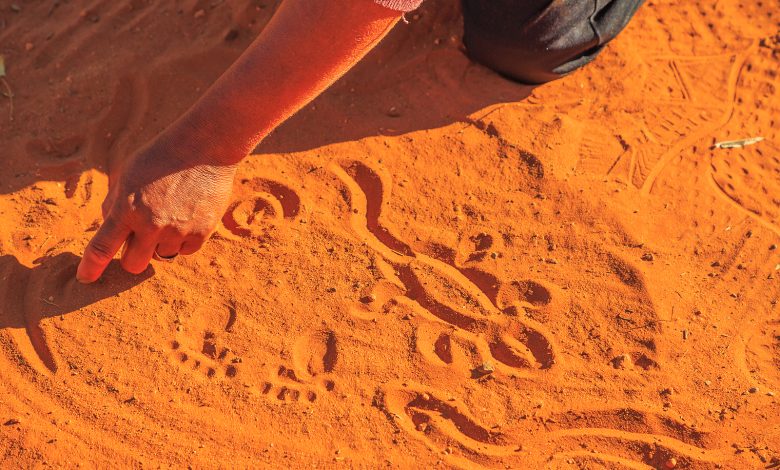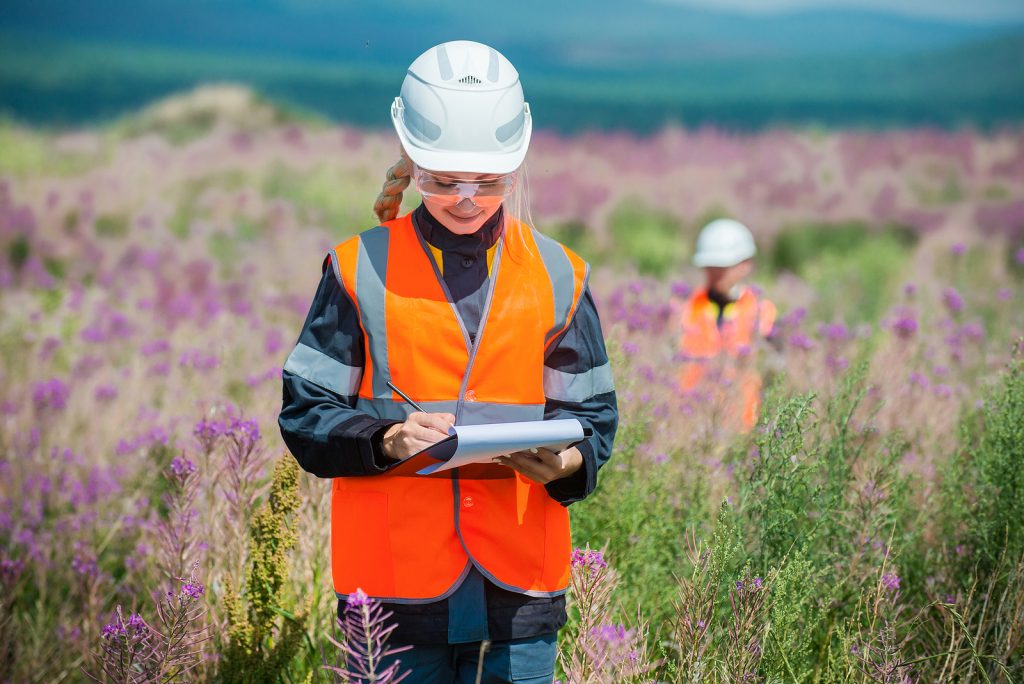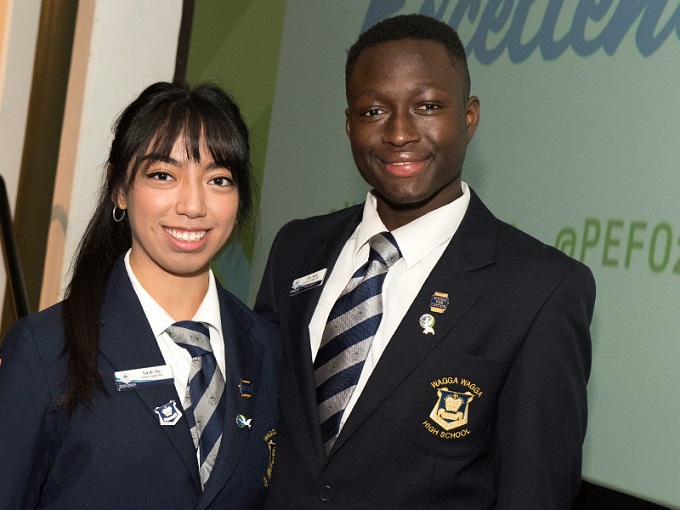Planning educational travel for 2025: Steps for success
As we look ahead to 2025, the landscape of educational travel is evolving, driven by a renewed emphasis on experiential learning and global awareness.

Latitude Group Travel, a leader in crafting curriculum-linked, experiential learning-based tours, offers a unique perspective on how to plan educational travel that is both enriching and transformative. Here’s a comprehensive guide to planning educational travel for the next year.
The importance of educational travel
Educational travel goes beyond traditional classroom learning, providing students with immersive experiences that foster personal growth, cultural understanding, and academic enrichment. These trips can ignite a passion for learning, enhance critical and creative thinking skills, and provide an insight into real-world applications of classroom concepts. As we plan for 2025, it’s essential to recognise the profound impact that well-designed educational travel can have on students.
Read the latest print edition of School News HERE
Customisation and curriculum integration
Your chosen travel partner should be developing an itinerary specific to your needs and goals. You should do much better than getting something off the shelf. One of the standout features you should seek out is a company’s commitment to creating individually crafted itineraries that align with specific curriculum goals. This approach ensures that each trip is not only educational but also directly relevant to the students’ academic journey.
When planning educational travel for 2025, consider the following steps to ensure a customised and curriculum-integrated experience:
- Identify learning objectives: Start by defining the educational goals of the trip. What concepts or skills do you want students to explore? Whether it’s history, science, language, art or a mixture of subjects, having clear objectives will guide the planning process.
- Collaborate with experts: Work with educational travel specialists to design an itinerary that meets your learning objectives. Ensure that whoever you work with uses your curriculum as a basis to develop the tour, develops a specific itinerary just for your school and understands concepts such as the Cross Curriculum Priorities and the General Capabilities. Their expertise in curriculum integration should ensure that every activity and destination is purposeful and educational. The company you have chosen should be able to guide you into finding the very best opportunities for learning and should definitely listen to what you wish to achieve from the tour.
- Incorporate experiential learning: Focus on hands-on, immersive experiences that bring classroom concepts to life. This could include museum visits and classroom workshops, cultural exchanges, scientific explorations, workshops, role plays, working with primary or secondary sources and much more, or historical site tours coupled with a research program about the site. Your chosen company should be able to provide research for before, during and after the tour to draw together student learning.

Students researching recultivated field in Russia | Image supplied by Latitude Group Travel
Safety and risk management
Safety is paramount when planning educational travel. A robust risk management system and extensive in-country contacts provide peace of mind for educators and parents alike. Here are key considerations for ensuring safe travel in 2025:
- Conduct thorough risk assessments: Evaluate potential risks associated with each destination and activity. This includes health and safety protocols, emergency procedures, and local safety conditions.
- Implement safety protocols: Develop and communicate clear safety guidelines for students and staff. This includes health precautions, behaviour expectations, and emergency contact information.
- Stay informed: Keep abreast of global travel advisories and health guidelines via Smarttraveller, the government’s Department of Foreign Affairs and Trade website.
Sustainable and responsible travel
As we plan for the future, it’s crucial to consider the environmental and social impact of educational travel. A commitment to responsible travel practices, offering schools the opportunity to carbon offset their trips and engage in socially conscious travel are also very important aspects of travelling on a school tour. Here’s how to incorporate sustainability into your travel plans:
- Choose eco-friendly destinations: Opt for destinations that prioritise sustainability and conservation. This could include national parks, eco-resorts, or community-based tourism projects.
- Engage in community projects: Incorporate community service or learning projects into the itinerary, being careful to ensure that whatever program you work with is above board and highly ethical. This not only enriches the travel experience but also fosters a sense of global citizenship and social responsibility.
- Promote environmental awareness: Educate students about the environmental impact of travel and encourage sustainable practices, such as reducing waste, conserving resources, and respecting local ecosystems and offsetting your carbon footprint.
Planning and logistics
Effective planning and logistics are essential for a successful educational trip. Comprehensive support ensures that every detail is meticulously managed, from transportation and accommodation to activities and meals. Here are some tips for seamless planning:
- Start early: Begin the planning process well in advance to secure the best rates and availability. This also allows ample time for fundraising and preparation.
- Communicate clearly: Keep all stakeholders informed throughout the planning process. This includes students, parents, teachers and travel partners.
- Prepare students: Provide pre-trip orientation sessions to familiarise students with the itinerary, cultural norms, and safety protocols. This helps set expectations and ensures a smooth travel experience.
Conclusion
As we prepare for educational travel in 2025, the experience and initiative of an educational travel expert offers invaluable insights into creating meaningful and impactful experiences. By focusing on customisation, safety, sustainability, and meticulous planning, educators can provide students with transformative travel opportunities that extend learning beyond the classroom. Embrace educational travel with confidence, knowing that each journey is an investment in the growth and development of our students.
Planning educational travel not only enriches students’ academic experiences but also prepares them to be thoughtful, informed global citizens. Let’s make 2025 a year of discovery, learning, and unforgettable adventures.
This article was originally published in the Term 4 edition of School News. Read it online HERE.







